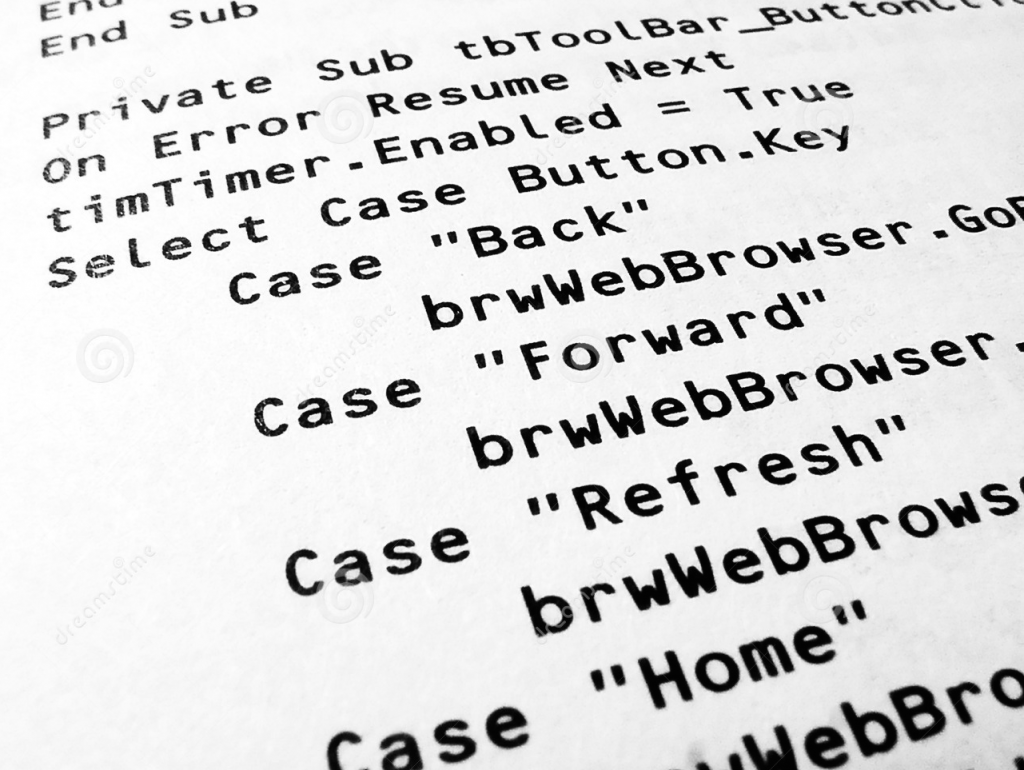Courses

See the course home page for fruther information.
Contents:
- Information Systems Lifecycle
- Database design
- Querying Databases
- Data Quality
- Database for Decision Making Activities
- Data Warehouses
Referring text books:
-
“Database Systems: Concepts, Languages, and Architecture (McGraw-Hill)
-
References to slides, lecture notes and other course materials will be illustrated by the teacher during the lessons”
Course’s Objective:
This course aims to provide methodological and practice oriented knowledge useful for analysing, designing, and implementing database systems. Students should be able to successfully carry out database design and implementation tasks by making use of specific techniques and tools, at the end of the course. Database systems contribution to the context of decision support activities will be deeply analyzed.
Structure:
The course will be provided by means of lessons, seminars, and laboratory sessions.
Full Program:
- Database systems design
- Methodologies and models for designing database systems
- Information Systems life cycle
- Entity-Relationships Model
- E-R Schema Documentation, Business rules, Documentation techniques
- Conceptual and Logical Design
- Requirements analysis and specification
- Design strategies: top-down, bottom-up, inside-out, mixed strategy
- Quality of conceptual schemas
- CASE tools for designing database systems
- Normalization
- Redundancies and inconsistencies
- Functional dependencies
- Boyce Codd normal form
- Database systems design and normalization: normal form tests, relationship and conceptual schema decomposition
- Database systems for decision support
- Architectures and paradigms for data analyisis
- Data warehouse architectures
- Data warehouse schema tipologies: star and snowflake schemas
- Data analysis, interfaces for carrying out query, drill down, and roll up activities on data cubes
- Data warehouse implementation: bitmap and join indexes, view materialization
- Data mining: processes, issues, and perspectives
- Data Quality
- Data quality levels
- Data quality dimensions
- Improving archives data quality

Contents:
- Information Management for Computer Science and the Statistics
- Data Management, Data transcodification, and Tools.
- Hardware and Software
- Software lifecycle, Requirement specification processes, UML
- Operative Systems, Networks, Architectures
- Security, Computer Science, and World Wide Web
- Database Management Systems (for SGI degree students only)
- Database Query (for SGI degree students only)
Referred text books
Please visit the course home page at http://elearning.unimib.it
Courses’ Objectives
The course aims at making students confident with the information theory logic; real examples will be presented to help students understanding how information datasets can be structured; hardware structures and their evolution along time will be presented too.
Software lifecycle topics will be discussed during the course, requirement specification activities will be deeply analyzed. Students should be able to address data processing issues at the end of the course and to produce requirements documents. Students will learn how to address basic computer science issues by making use of computer based tools.
Structure
The course will be provided by means of lessons, seminars, and laboratory sessions.
Full Program
Information
- From Data to Information
- Information Processing
- Information and Hardware relationships
- Information Codification
- Binary and Boolean Representations
- Digital Information
Tools and Instruments for managing Information
- Hardware
- Software
- The Software Lifecycle
- Functional Decomposition of a Program
- UML
- Requirements Specification
- Operating Systems
- Networks and distributed systems
- Security
- Architectural Evolutions and Web systems
Short Introduction to Databases (for SGI degree students only)
- Introduction to Database Management Systems
- SQL

Please visit the course home page for further information.
Contents
- Architectures of information systems
- Technology architectures
- Computer applications and analysis of the information system
- Design of the information system
- Projects of information systems for data analysis and decisional support
Referring text books
- Bracchi, Francalanci, Motta, “Sistemi Informativi e aziende in rete”, McGraw-Hill, Cap: 1,2,3,4,5,7
- Cosenza, “Social media ROI”, Apogeo, 2012, also available ebook
- Further educational material will be specified by the teacher during the lessons.
Course’s Objectives
To create necessary knowledge, under a technical and methodological point of view, to allow a correct approach to the design of an information system, as a strategic resource essential to the achievement of a business organisation.
Full Program
Architectures of information systems
- Data processing and databases
- Application
- Database Management Systems
- Data models
- Technology architectures
- Distributed architectures, client server, network architectures, internet and World Wide Web
- Computer applications and analysis of the information system
- Main classes of computer applications
- The application portfolio in industrial and service sector companies
- Functional analysis of automation: coverage, degree of automation, integration
- Modelling methods of information system
- Analysis of ICT investments
- Design of information system Statistical Information System
- Approaches to projects; schema of projects life cycle
- Processes and data design
- Analysis of activities and information
- Statistical Information System for data analysis and decisional support
- Data – warehouse e data mining
Business cases
Evolution of Business Information Systems
- Introduction of Social Media and Web 2.0 technologies
Cases of collaborative processes
